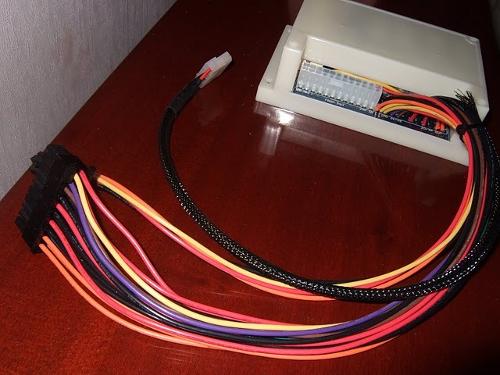regal
Headphoneus Supremus
- Joined
- May 27, 2006
- Posts
- 3,645
- Likes
- 19
Notice I said the optical was arguably digital. The main issue was the previous poster was claiming that ground isn't important because USB was a "digital" connection. This is of course not correct.
Of course we could get into a fascinating philosophical discussion that all science is based on 1+1=2 and therefore every thing coms down to discrete (digital), but thats another topic

Quote:
Regal I think you expressed your statement is not quite accurate. We live in an analog world, IOW any kind of transmission around you is done through analog mean be it through electron, photon or any other kind. Whether the transmission format is analog or digital is another matter. So USB signal is transmitted through analog mean, same as SPDIF, but these transmission formats are digital and they are piggybacked on analog means. To generalize: this rule applies to any kind of signal in use.
Now if only we lived in a world like TRON, we wouldn't need DAC process anymore.







 . The sound is clear, I hardly feel any noise, I just feel good when I listen to this setup.
. The sound is clear, I hardly feel any noise, I just feel good when I listen to this setup.